His ugliness is remarkable – “a hideous gnome” according to Alma [Mahler] – but his eyes radiate intelligence, and like all those she touched with her wing, he has an extraordinary personality. These are the contrasting terms in which Françoise Giroud, in her biography dedicated to Alma Mahler, describes the composer of Der Zwerg (or Der Geburstag der Infantin), Alexander von Zemlinsky. “A tragedy of the ugly man”, a fable of the Anti-Narcissus, the work was inspired by Oscar Wilde’s short story The Birthday of the Infanta, the principal artery of which is not completely disconnected from Zemlinsky’s tumultuous affair with the future wife of the creator of Das Lied von der Erde: offered as a gift to Donna Clara, Infanta of Spain, on her 18th birthday, a chivalrous Zwerg (Dwarf) falls madly in love with the young girl. The problem is that the Infanta, a sort of Turandot in process, couldn’t care less about his feelings. Even worse: when she realises with sadistic mischief that her present has never looked at himself in a mirror, she seizes the opportunity to put a stop to his amorous ardour by ordering her chambermaid (Ghita) to show her what he looks like. Astonished by his own ugliness and refusing to believe what he sees, he is forced to face the heartbreakingly obvious – […] so bin ich der Spuk, der Hohn auf den Gott, das höckrige Grauen […] – until he collapses before the saddened eyes of the Infanta… disappointed to have lost her toy.
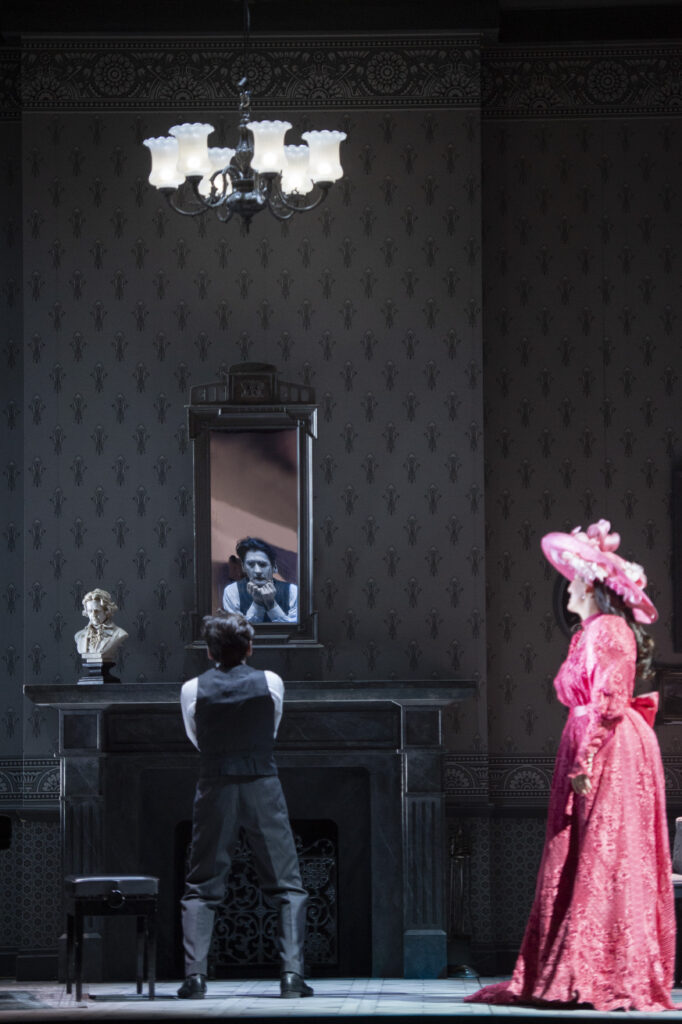
A far too little-known opera, Der Zwerg is, along with Ein florentinische Tragödie, certainly Zemlinsky’s two most performed operas – recognised above all as a gifted conductor and incomparable pedagogue. No surprise, then, if we consider the relatively late “rediscovery” of this one-act opera, which lasts barely 1 hour 30 minutes: it was exhumed in 1981 at the Hamburg Opera, after too long a period that began during the Second World War, when all of Zemlinsky’s output (designated as Halbjudes according to the ominous “Encyclopedia of Jews in Music” published by the Nazis) was described as degenerate. All the more reason to be delighted at Deutsche Oper’s initiative to revive this production, staged for the first time in 2019 by Tobias Kratzer.
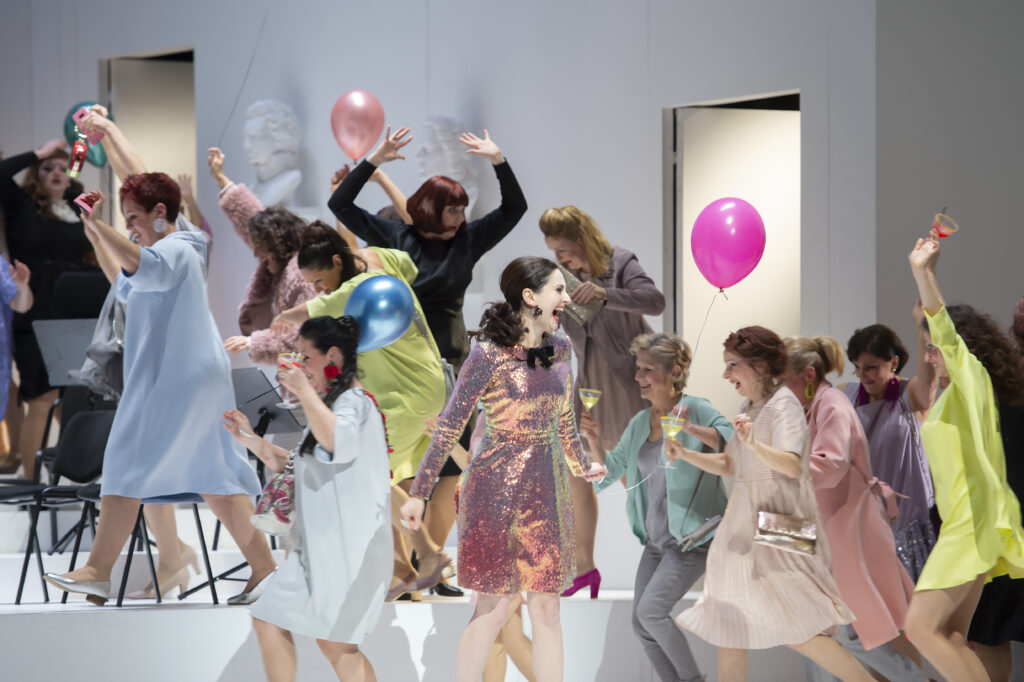
The famous director’s nod to the composer’s relationship with the young Alma Schindler during a Vorspiel (under Arnold Schönberg’s Begleitungsmusik zu einer Lichtspielscene für Orchester op. 34; a preview is available here: Highlights – Deutsche Oper Berlin) is a good start and, if its bias can be perceived as a little too explicit, at least it has the merit of having been asserted from the very first moments of the opera – a rather well-founded preconception if we consider some of the remarks made by Zemlinsky in one of the many letters exchanged with his icon at the time of their (his?) platonic passion: “I love you, but you are far too beautiful for me. Perhaps men like me deserve such happiness, but they never get it”; “I want to kneel before you, kiss your garment, revere you as something sacred”. Coincidence or not, similar allusions are to be found throughout the opera, as in So will ich den Polster küssen, der sie trug als ich sah, dass sie schön ist…
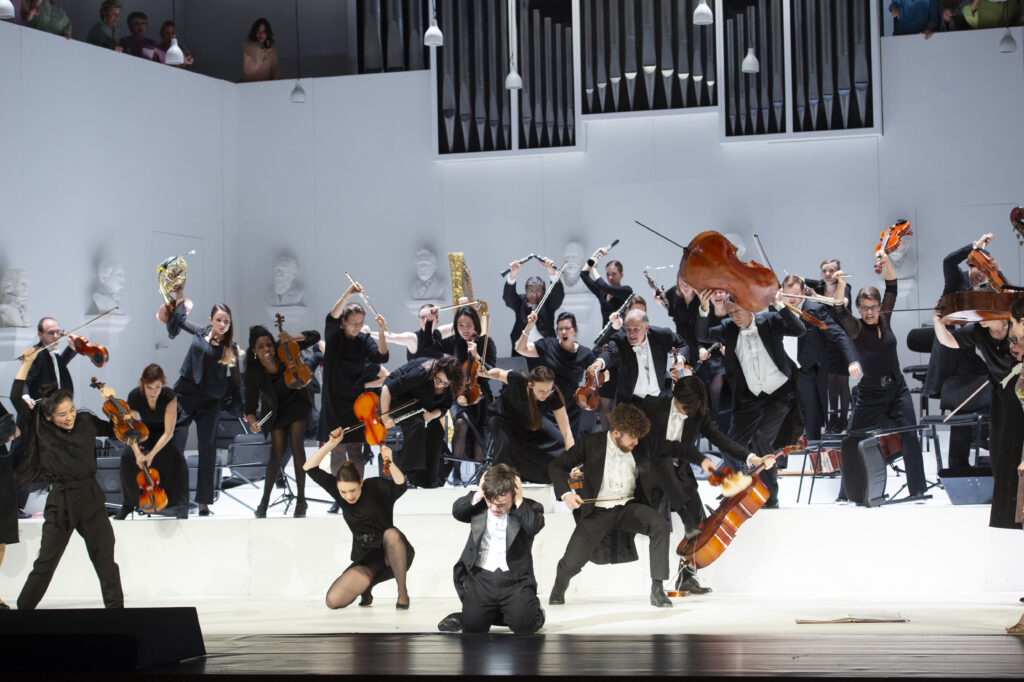
In the pit, Sir Donald Runnicles conducts the orchestra with an almost religious respect for the score: it soon becomes clear that he is not trying to charm his audience (note the slower tempo overall than we are used to today: what a pleasure!), but to serve the purpose. The result is an orchestral expression of the utmost accuracy, with a limpid transcription of the message it is imbued with. No excesses, no embellishments, no melodrama: chiselled conducting, ensuring that everything tragic, unfortunate and sombre that should come out is fully embodied in Zemlinsky’s music of graceful beauty.
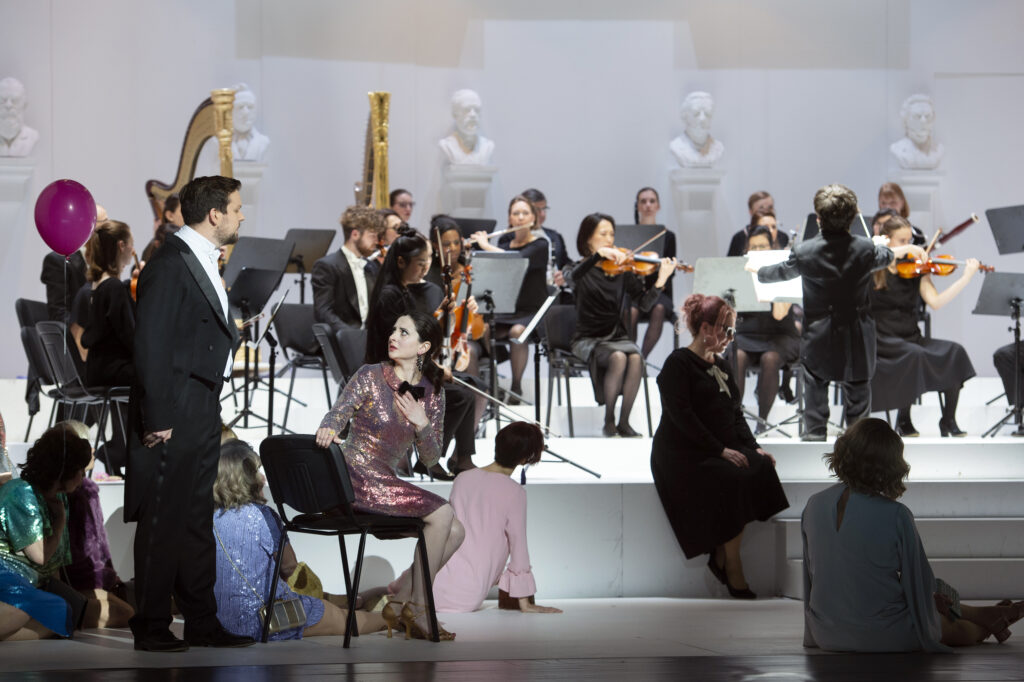
Elena Tsallagova’s Donna Clara is childishly effervescent, cunning, amused, sometimes downright contemptuous of her toy – how ironically she welcomes him with Ich heiße den edlen Ritter aus fernem Land willkommen und grüße Euch! and how coldly disdainful she utters Du bist greulich, dass es lachhaft wird! She leads the dance and makes it clear that her authority dictates that it is her turn to have fun before anyone else. The timbre is slightly silvery, sometimes a little acrid, without detracting from the beauty of the singing: this reinforces the character’s capricious (and frankly unsympathetic) nature, without depriving her of beautiful lyrical flights (as in her aria Du ein strahlender Held!).

Olga Bezsmertna is an infinitely gentle Ghita, touching as soon as the Zwerg first appears and noting the mockery he is subjected to. Her performance conveys the anxiety the character suffers as she witnesses the Dwarf’s immense turmoil when he learns of the impossibility – imposed by the object of his love and by himself – of materialising his Love (there is something, in the obsessive quest for a kiss – Du liebst mich, Prinzessin, küsse mich! – more or less inspired by Strauss’s Salome, an opera also inspired by… Wilde). When she launches into her O, du bist arglos und gut, we believe her because, at this precise moment in the opera, her emotion, her suffering (almost maternal) is that of the audience, sensing the deleterious and irreversible effect that self-knowledge will have on the Ritter. In this warm, enveloping voice, we find a counterweight to the sharper expression of Elena Tsallagova’s Infantin and, without falling into counterproductive Machiavellianism (the interpretation of the libretto through the staging already takes care of that well enough!), we are enchanted by the complementary quality of their performances.
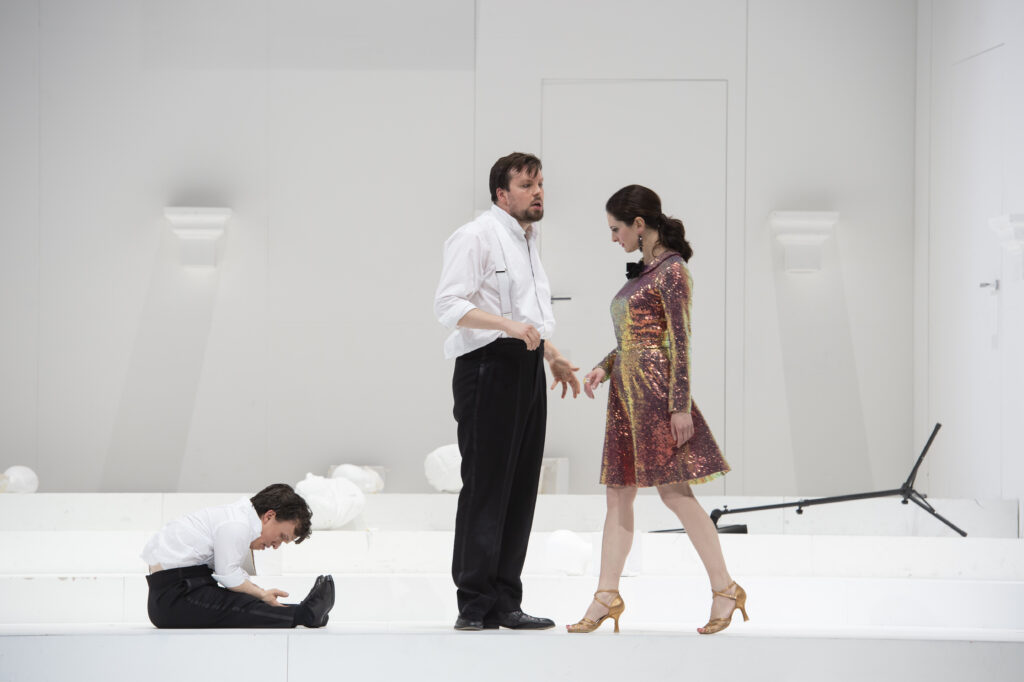
Don Estoban earns his living in Philipp Jekal’s play. A key character in the piece, who is entrusted with the presentation of the characters and the circumstances they face before the catastrophe, he is also the spokesman for a Spanish court with a fat sense of humour, more than amused at the idea of entertaining itself at the expense of a human gift from the East. And it is precisely thanks to this slightly mocking elegance that is so much a part of the character (it is he who announces that Der Sultan weiht der Infantin zum Geschenk aus fernen Zonen einen Ritter, schön und wohlgestaltet wie Narzissus…) that a very successful alignment is created, with the baritone’s slightly grey and vigorous timbre.
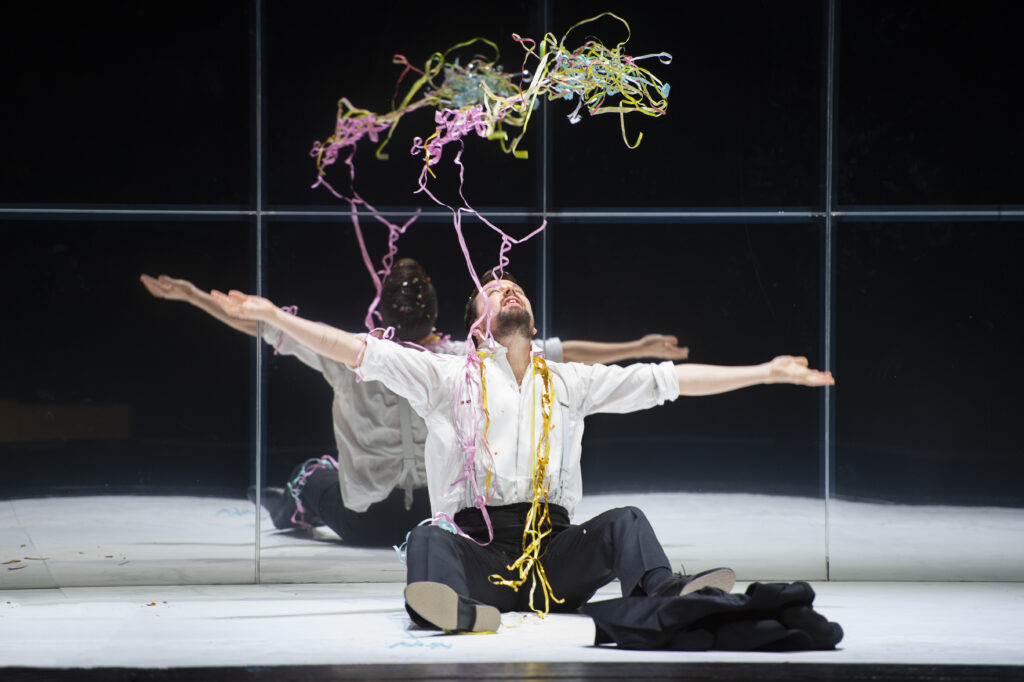
David Butt Philipps is a Zwerg of dreams. The voice, the phrasing and the madness of which his voice is capable, with high notes whose power verges on the seventh heaven, leave the audience breathless. It’s all there, and although it took a long time to see Der Zwerg on stage again, it’s easy to accept that a performer of this stature was needed for such a challenge. Faced with a timbre of such splendour, such finesse, such elegance on stage, you can’t help but be captivated. His Mädchen, nimm die blutende Orange is exquisitely beautiful. His experience as a tenor familiar with the Wagnerian repertoire enables him to modulate the Lieder die schwere träumt’ ich, und sie sind fort with disconcerting skill. And with what endurance he is able to tackle the fearsome Seltsam die Launen des närrischen Kindes, the high C at the moment when his Zwerg is confronted with the mirror for the first time, under the dizzying din of the orchestra… All this accompanied, at the end, by a climb to his vocal peak during his poignant Ich bin ein Zwerg und liebe dich. The tenor traverses a multitude of vocal textures with equal ease, and is able to acclimatise to a bewildering variety of psychological atmospheres, leaping from moments of perfect desolation to those of the utmost extasy.
Beyond the probable resemblance between the title role and Zemlinsky, it is interesting to see in Der Zwerg the slow and painful process of self-acceptance that we can go through, especially when a carapace already surrounds us. Tackling such a subject without falling into the trap of stereotypes that limit the scope of the reflection is a real challenge, taken up brilliantly by the entire Deutsche Oper team involved in this superb production.
Casting: der Zwerg (David Butt Philip/Mick Morris Mehnert), Donna Clara, Infantin von Spanien (Elena Tsallagova), Ghita (Olga Bezsmertna), Don Estoban (Philipp Jekal), die erste Zofe (Sua Jo), die zweite Zofe (Arianna Manganello), die dritte Zofe (Stephanie Wake-Edwards), das erste Mädchen (Stephanie Lloyd), das zweite Mädchen (Margarita Greiner), Alma Schindler (Adelle Eslinger-Runnicles), Alexander von Zemlinsky (Evgeny Nikiforov), Orchester der Deutschen Oper Berlin.
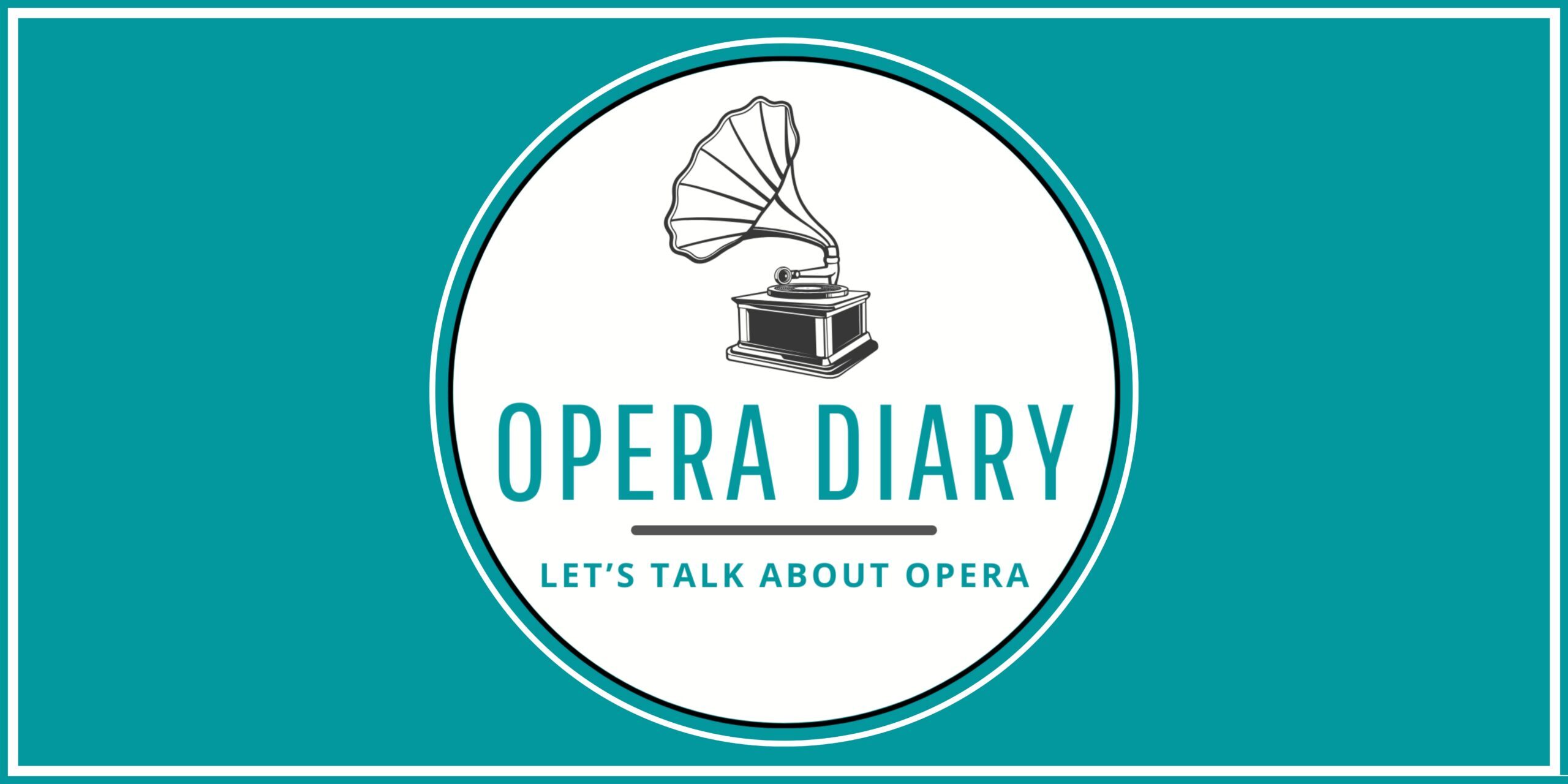
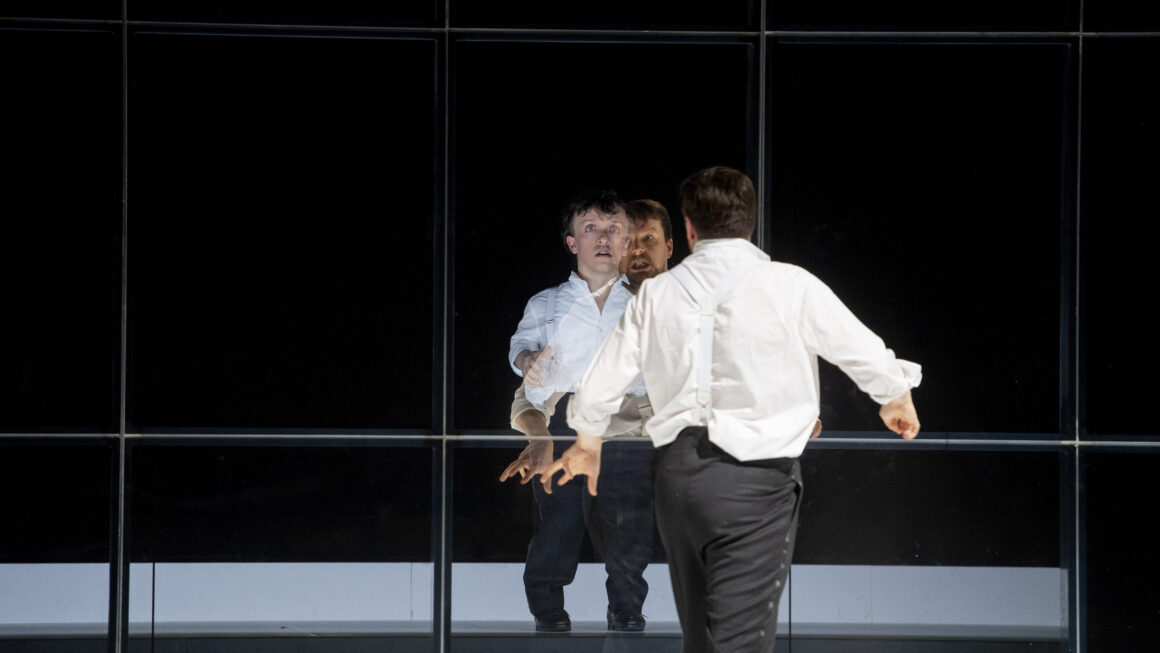
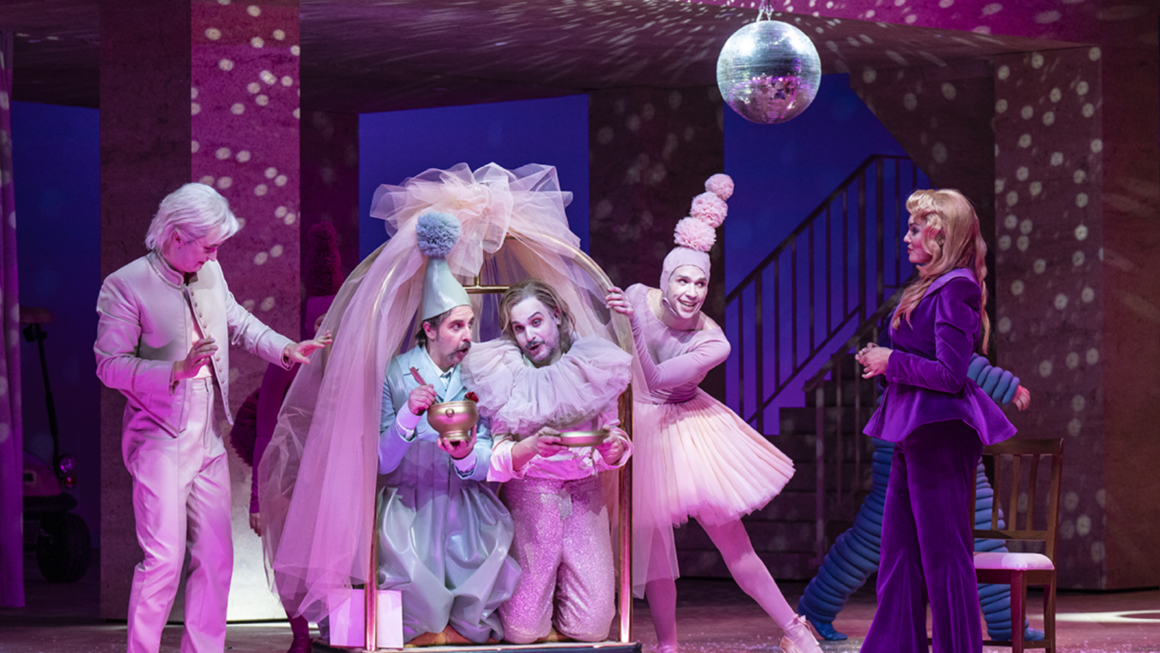
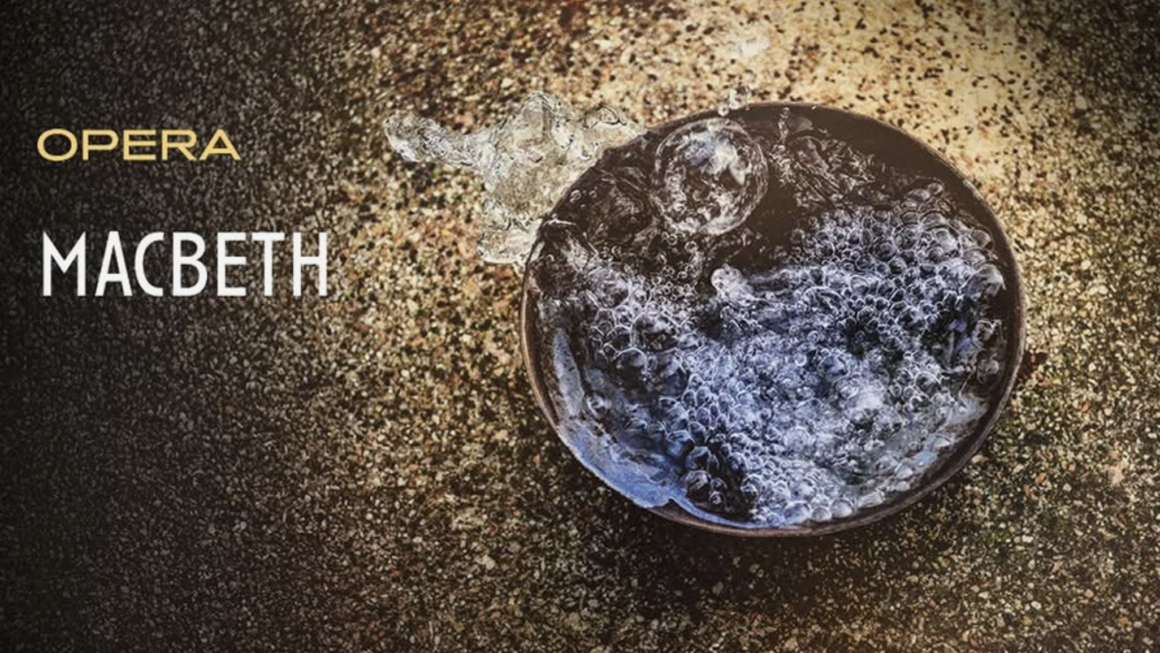
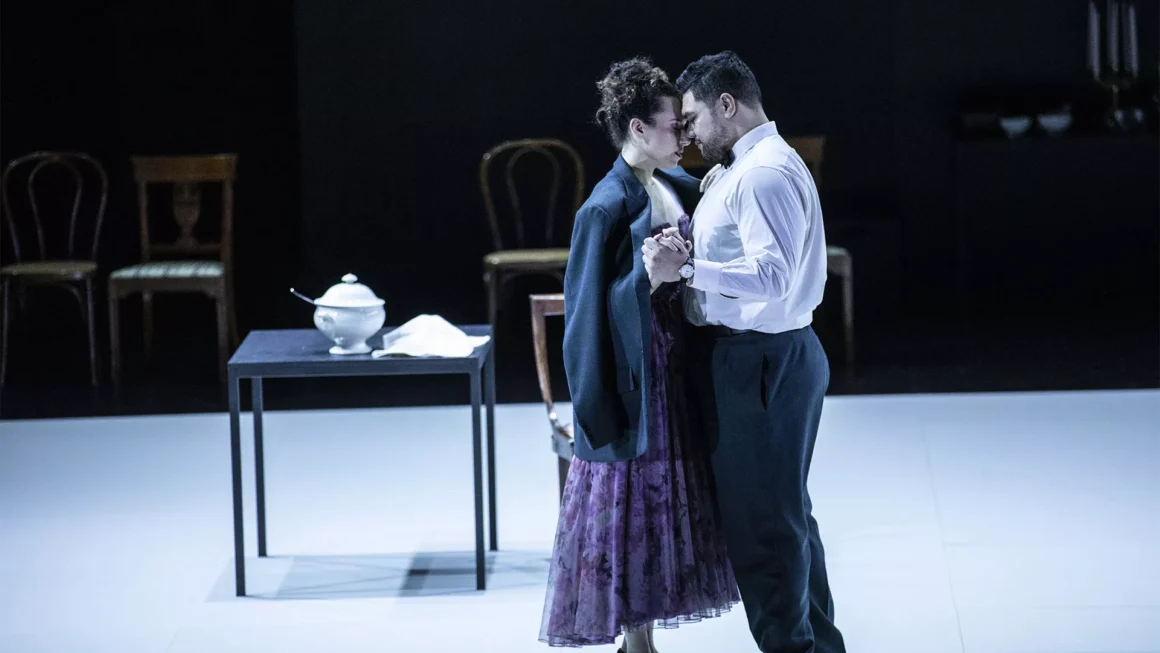
Your writing has a softness to it that invites reflection, offering space for deeper thought.
Hello There. I found your blog using msn. This is a really well written article.
I’ll make sure to bookmark it and return to read
more of your useful info. Thanks for the post.
I’ll definitely return.